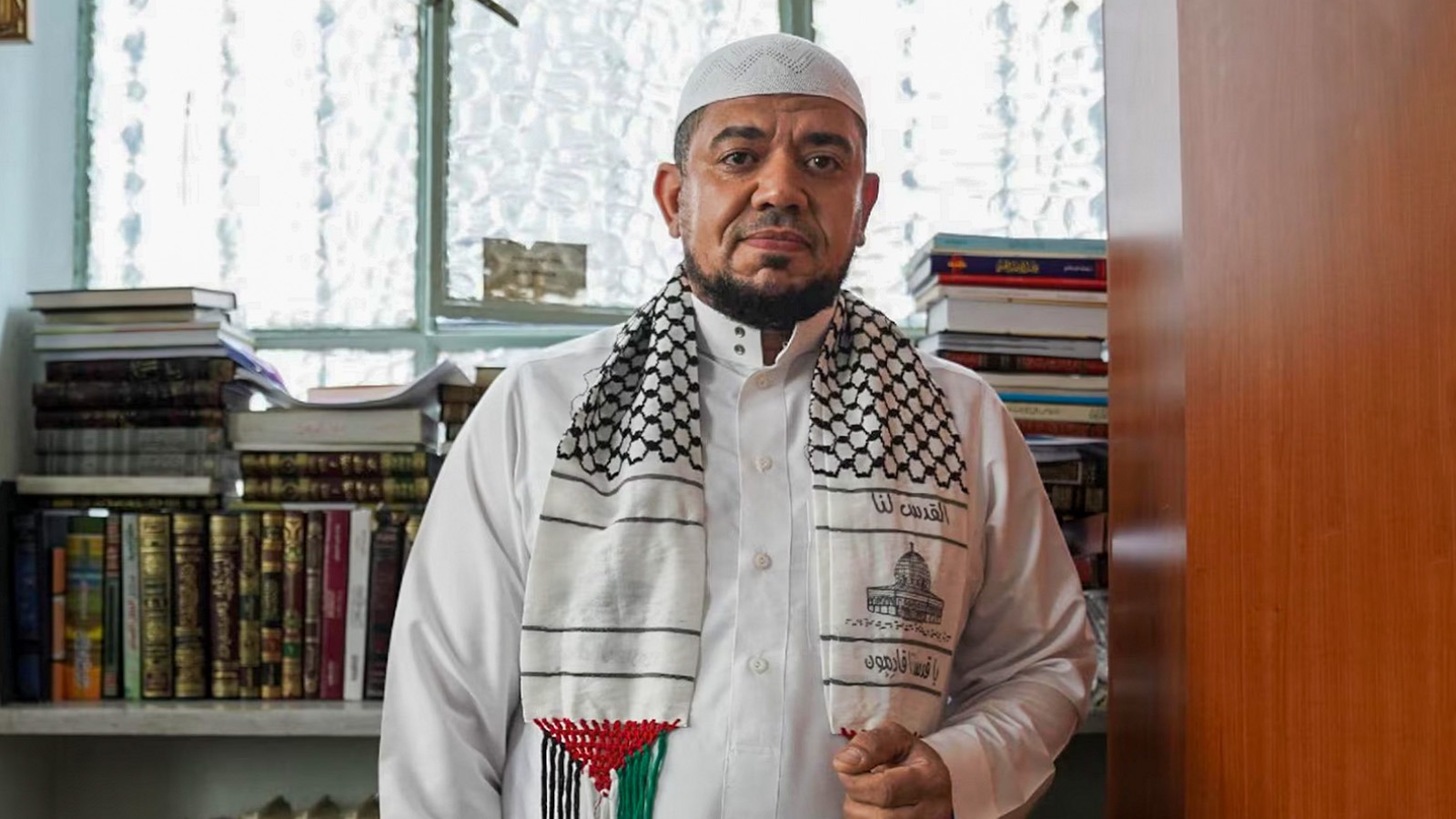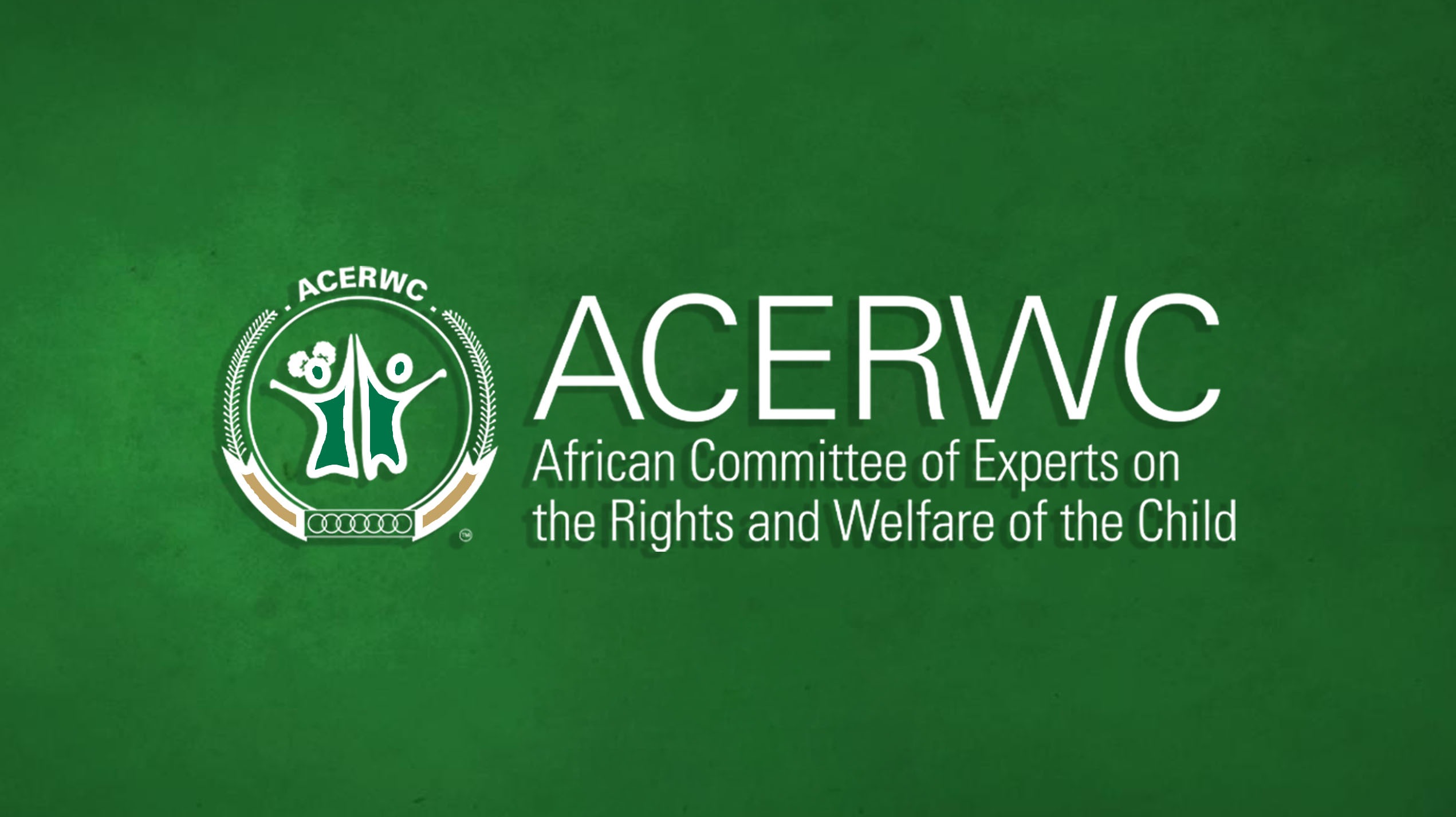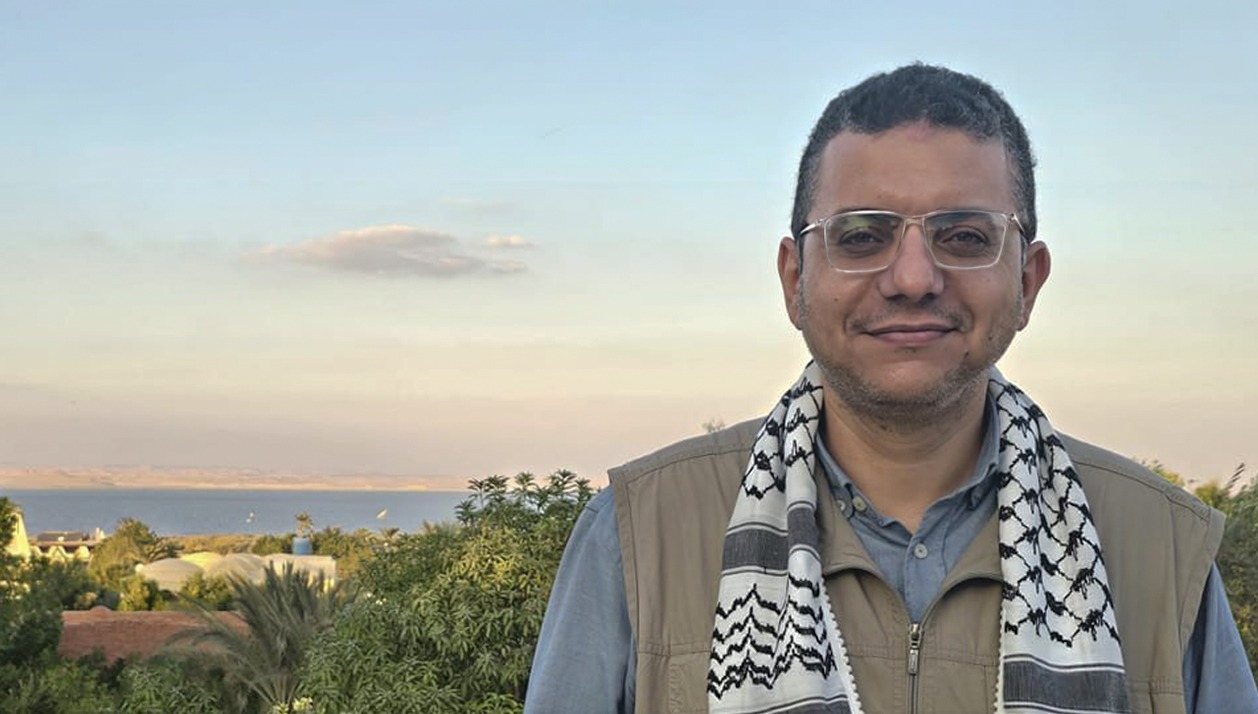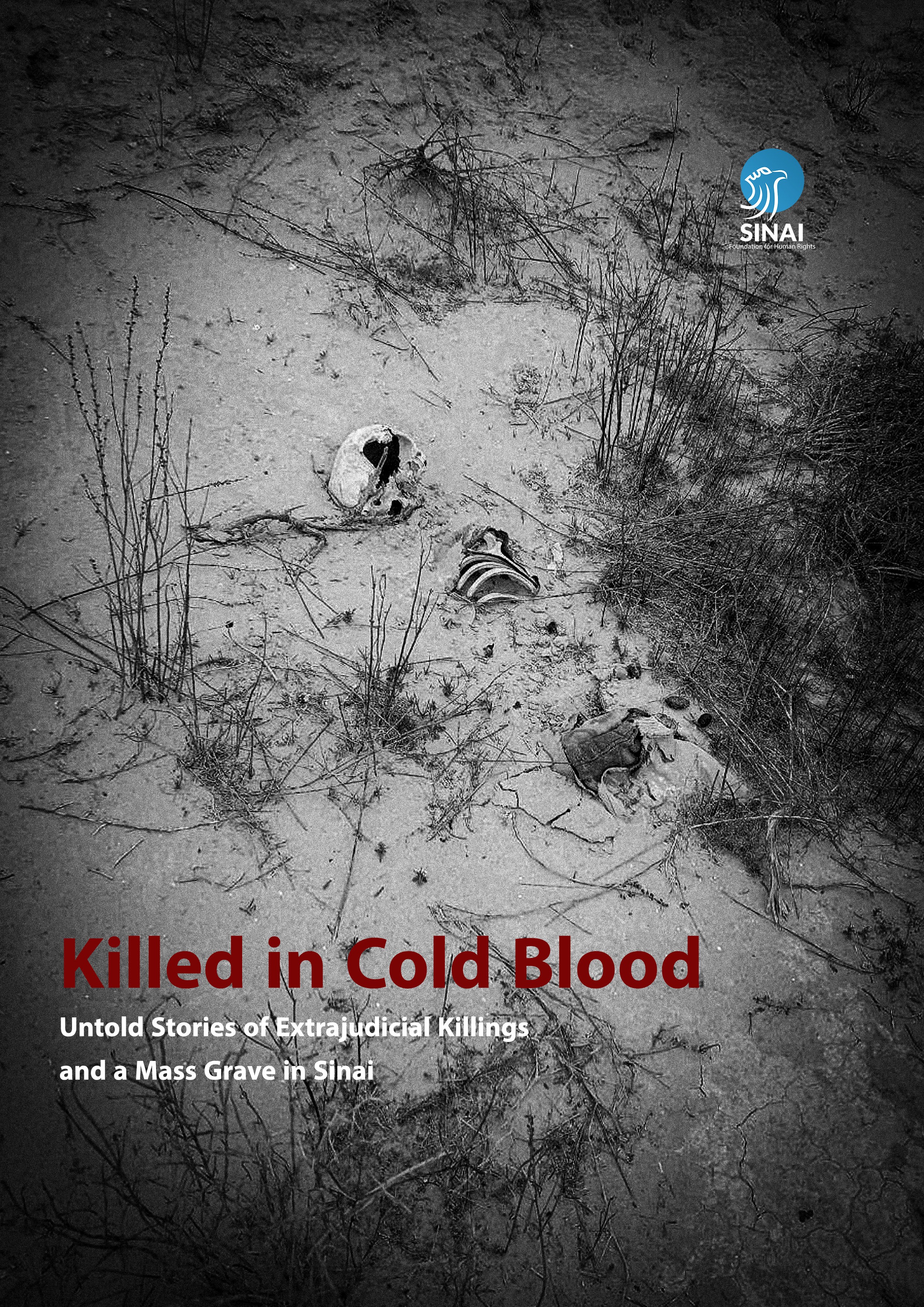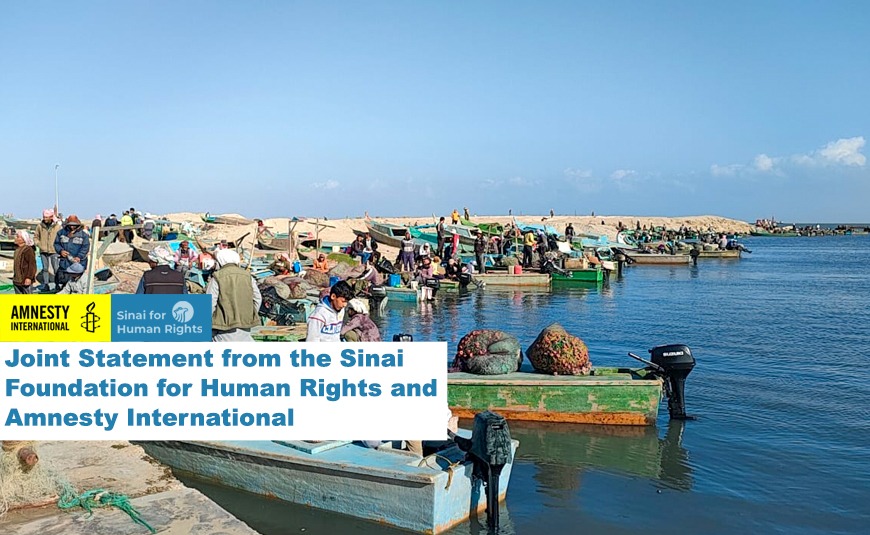
Egypt: Military trials of fishermen an affront to justice
Egyptian authorities must stop trying civilians in military courts, said Amnesty International and the Sinai Foundation for Human Rights, ahead of an expected verdict on 12 February in the military trials of five civilians in relation to fishing in a lake in North Sinai controlled by a development agency operating under the ministry of defence.
On 6 and 7 January, a military police unit from the Egypt’s Future Sustainable Development Agency (EFSDA) arrested five fishermen at Lake Bardawil. Military prosecutors investigated the men on charges of fishing during “prohibited periods” as well as being in a military area without permission. President Abdel Fattah al-Sisi had placed the lake, a fishing spot for around 3,500 fishermen, under military jurisdiction in 2019, according to presidential Decree No. 294 of 2019.
“It is a travesty that a group of fishermen have found themselves facing military trial for fishing in a lake without authorization. Trying civilians in military courts is a flagrant violation of Egypt’s international human rights obligations. Military authorities must immediately drop the charges against the five men and release them. They must be tried by independent and impartial civilian courts in proceedings meeting international standards of due process and fair trial,” said Ahmed Salem, Executive Director of the Sinai Foundation for Human Rights (SFHR).
“Egypt’s military courts have a notorious history of handing down unjust convictions and sentences, including death sentences, following grossly unfair trials. The authorities must overhaul legislation to ensure that military courts have no jurisdiction over civilians in any case,” said Sara Hashash, Deputy Regional Director for the Middle East and North Africa at Amnesty International.
The fishermen, who are in their twenties, are facing two separate military trials. Amnesty International and the SFHR reviewed copies of the arrest reports, prosecution reports, and charge sheets for both trials. The organizations also spoke with a lawyer who attended the hearings, two employees of an official body responsible for lake management, and relatives of detainees.
The trials were marred by violations of fair trial guarantees. According to a lawyer who attended hearings for both cases on 28 January the defendants' lawyers made a request to cross-examine the prosecution witnesses, but the court ignored their request. The court also held two hearings on 5 and 6 February without any of the defendants present.
All five detainees are currently held by Central Security Forces, operating under the ministry of interior, in Ismailia Security Forces Camp, which is not officially recognized as a detention facility.
The five defendants are tried under Law No. 146 of 2021 on the Protection and Development of Lakes and Fisheries, which stipulates that Lake Protection and Fish Wealth Development Authority (LPFWDA), affiliated with the cabinet, is responsible for determining areas in or periods during which fishing is banned. According to the law, fishing during prohibited periods or in banned areas is a crime punishable by six months to two years imprisonment and/or a fine between 10,000 EGP to 100,000 EGP.
In 2022, President Abdel Fattah al-Sisi established the EFSDA by a decree No. 591 of 2022, which was never made public. Since then, the government has assigned several large projects to the agency including development projects in South Egypt and North Sinai, according to local media. On 31 October 2024, the spokesman of the government announced that the EFSDA will begin development works in Lake Bardawil aiming at achieving “the economic development of the lake”, according to an official statement by the Council of Ministers. The lake was previously under the supervision of LPFWDA, which by law supervises lakes across the country. Two employees at the LPFWDA told Amnesty International and SFHR that, since the government’s announcement EFSDA has taken full control of the lake supervision.
Military trials of civilians in Egypt are inherently unfair because all personnel in military courts, from judges to prosecutors, are serving members of the military who report to the Minister of Defence and do not have the necessary training on rule of law or fair trial standards. Verdicts by military courts are subject to appeal before higher military courts as well, and ratification by the President.
On 28 January 2024, the Egyptian parliament approved new amendments to Law No. 25 of 1966 on the Military Code of Justice that further expand the jurisdiction of military courts to prosecute civilians. The new amendments added to the military jurisdiction include “crimes committed against public and vital facilities and public properties, and other comparable things, that are protected by the armed forces”. Presidential ratification of the amendments was never published in the official gazette.
These amendments coincided with the enactment of Law No. 3 of 2024, ratified by President Abdel Fattah al-Sisi on 5 February 2024, which expanded military jurisdiction over civilians for even more crimes than in the parliament’s previously mentioned amendments to the Military Code of Justice. The law authorizes the military to assist the police in safeguarding public and vital facilities and “services,” as well as addressing crimes committed against them, including crimes that “undermine the basic needs of society, including food commodities and essential products.”
Background
Egypt has a long track record of trying civilians before military courts. Most recently, in December 2024 a military court sentenced 62 residents of North Sinai governorate to prison terms ranging from three to 10 years on charges of damaging military vehicles and using force against public officials. The trial followed a sit-in in October 2023 by residents of Sheikh Zuwayed city, who had been forcibly evicted by the authorities demanding to return to their homes. The sit-in was forcibly dispersed by the military. On 24 December 2024, President Abdel-Fattah El-Sisi issued a presidential pardon for 54 of them.
For over a decade, Egyptian armed and security forces have engaged in military operations against armed groups in North Sinai. In April 2023, President Abdel Fattah al-Sisi declared the end of ongoing military operations in North Sinai. However, the region remains as a de facto military zone, with the Egyptian authorities continuing to maintain a strict media blackout on the security situation in North Sinai. They have for years prevented media, human rights organizations and independent observers from accessing the region. Several presidential decrees, including Decree No. 444 of 2014 and Decree No. 420 of 2021, have placed large areas of North Sinai under military jurisdiction, further militarizing the region and hampering independent reporting.
Tags
Recent Posts
Most viewed
Related Postes
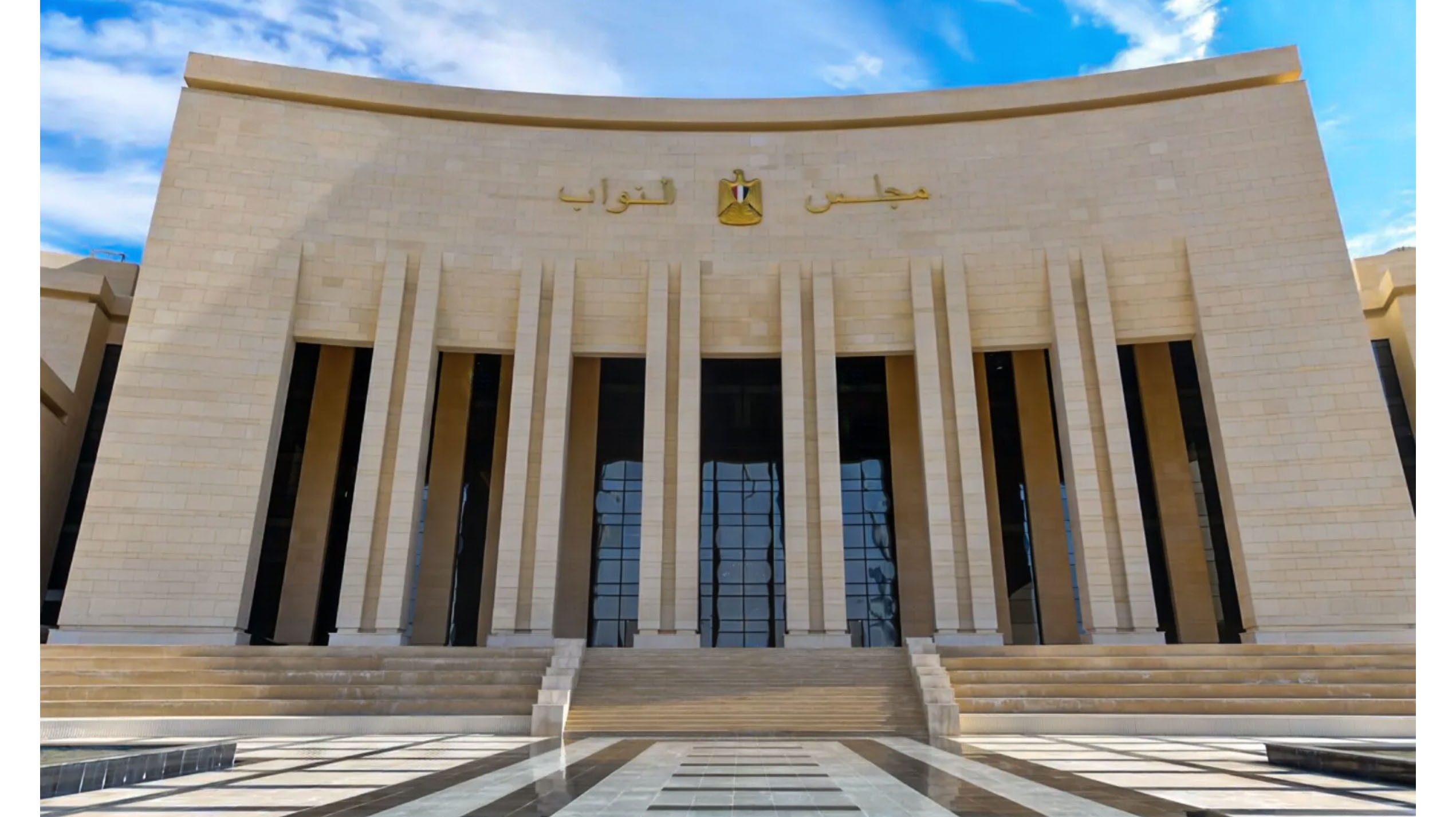 English content
English content

